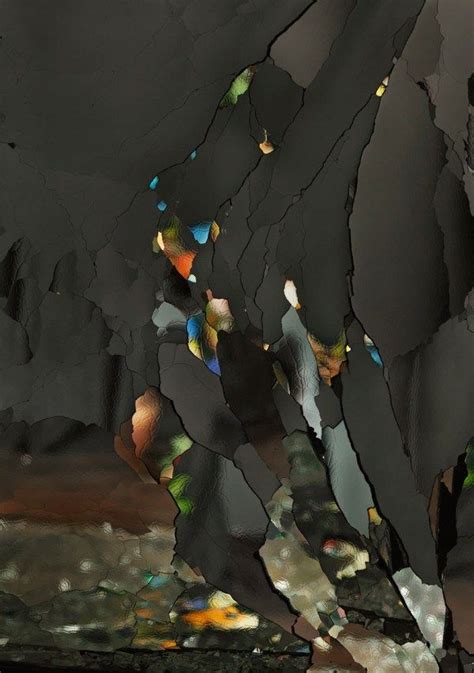A Quote by Nicholas D. Kristof
Most of us employ the Internet not to seek the best information, but rather to select information that confirms our prejudices .
Related Quotes
Money and prices and markets don't give us exact information about how much our suburbs, freeways, and spandex cost. Instead, everything else is giving us accurate information: our beleaguered air and watersheds, our overworked soils, our decimated inner cities. All of these provide information our prices should be giving us but do not.
Many aspects of our screen-bound lives are bad for our social skills simply because we get accustomed to controlling the information that comes in, managing our relationships electronically, deleting stuff that doesn't interest us. We edit the world; we select from menus; we pick and choose; our social 'group' focuses on us and disintegrates without us. This makes it rather confusing for us when we step outdoors and discover that other people's behaviour can't be deleted with a simple one-stroke command or dragged to the trash icon.
Healthy areas that are richest in information are those areas in the wild where we can get all the information that's available to us within our human hearing range. The most valuable information throughout human evolution has been faint sounds. We tend to think in our modern world that if it's loud, if it grabs our attention, it's important. We get a lot of that in advertising. But in nature, it's the faintest sound that's important; it has determined, in the past of our ancestors, perhaps, if they will live or die. Faint sounds are the earliest clues of newly arriving information.
Data isn't information. ... Information, unlike data, is useful. While there's a gulf between data and information, there's a wide ocean between information and knowledge. What turns the gears in our brains isn't information, but ideas, inventions, and inspiration. Knowledge-not information-implies understanding. And beyond knowledge lies what we should be seeking: wisdom.
One thing is funny because my grandparents are going to come see the show and my mom was concerned that they wouldn't understand, because so much of it is Internet-based. Our generation specifically really relates to it, because we were the first people to discover the Internet and most of us can maybe navigate the Internet better than our parents can. All this information you could ever possibly know is right at our fingertips, not to mention the fact you can meet anyone!
The Internet, like all intellectual technologies has a trade off. As we train our brains to use it, as we adapt to the environment of the internet, which is an environment of kind of constant immersion and information and constant distractions, interruptions, juggling lots of messages, lots of bits of information.
We hypostatize information into objects. Rearrangement of objects is change in the content of the information; the message has changed. This is a language which we have lost the ability to read. We ourselves are a part of this language; changes in us are changes in the content of the information. We ourselves are information-rich; information enters us, is processed and is then projected outward once more, now in an altered form. We are not aware that we are doing this, that in fact this is all we are doing.
































